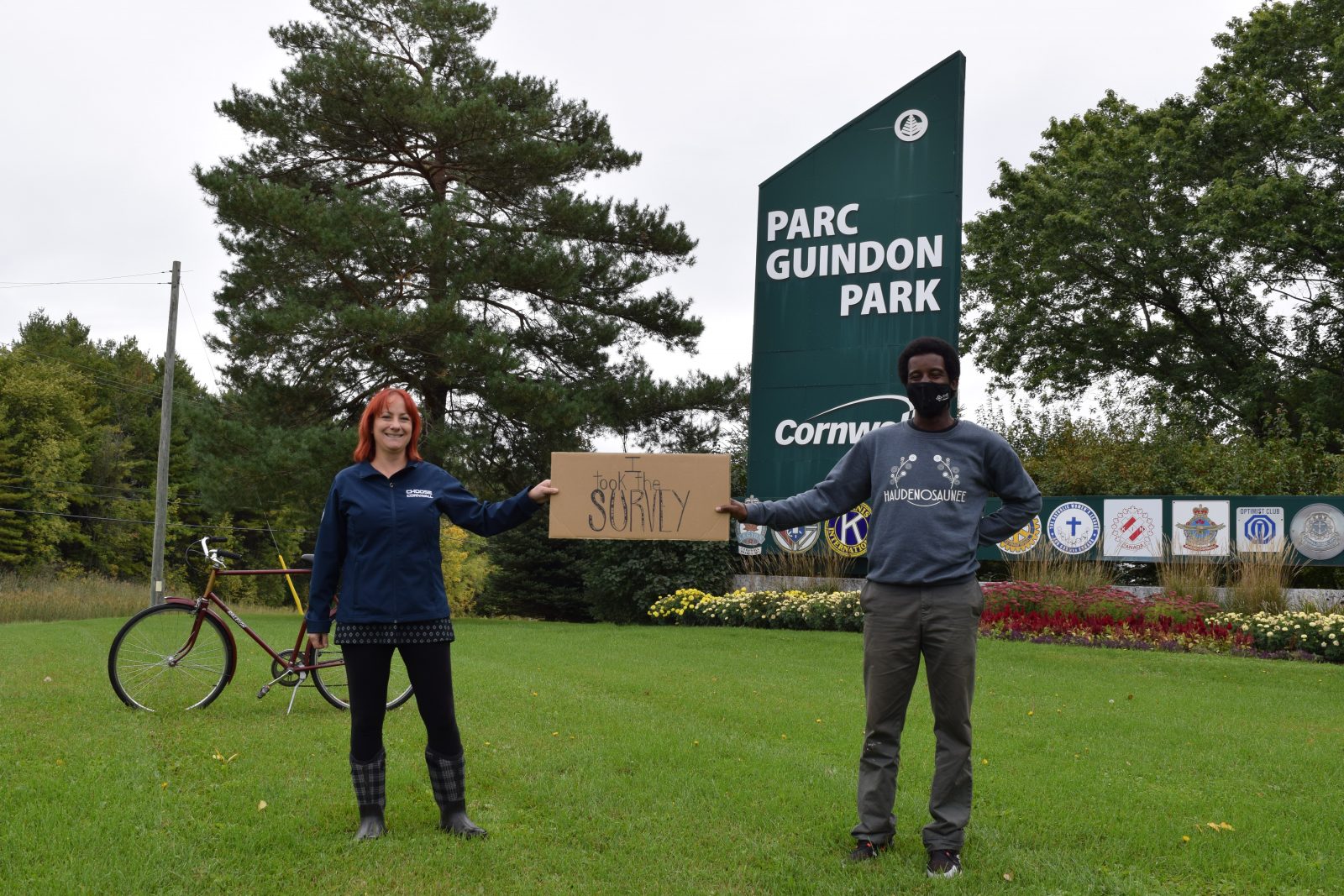I have just finished reading about a man named Alexander Von Humboldt. Amazingly, as early as the nineteenth century, over 200 years ago, he was observing the devastating effects of colonial exploitation of the land, water, and slavery on the earth and on humans!
He was the most famous scientist of his age; a visionary German naturalist and polymath whose discoveries forever changed the way we understand the natural world. Among his most revolutionary ideas was a radical conception of nature as a complex and interconnected global force that does not exist for the use of humankind alone.
This once a celebrated scientist has been largely forgotten in the English-speaking world.
As early as 1800 he saw that lakes were drying up in South America as a consequence of removing forests to plant mono crops. (sound familiar?) He was the first to explain the fundamental functions of the forest in the maintenance of ecosystems and climate: the trees’ ability to store water and enrich the atmosphere with moisture, their protection of the soil and their cooling effect. He also talked about the impact of trees on the climate through their release of oxygen.
So here we are – over two hundred years later and still debating how urgently we need to address the issue of climate change – indeed, in some quarters whether climate change is even a reality! We face a profound threat of climate change that is becoming even more devastating than during that colonial period. Make no mistake, today the climate crisis threatens humanity’s very existence.
This crisis is causing the migration of people we see today – fleeing areas of drought and rising water levels. We are seeing conflict over land, water and food shortages. You can be sure that those with privilege will defend their position and fight to keep their status – whether that’s food, water, land, or power and security. This is expressed in the form of racism – the notion that there are people less deserving of fair treatment than others. We are already seeing pushback against immigration in some countries – including parts of Canada. This is a bitter irony because refugees are often fleeing the impacts on their land wrought by the privileged few who now refuse to take them in.
So that’s why I feel so passionate about addressing climate change and addressing the climate crisis at the local level which can in turn push for urgent action at all levels of government and business.
Unfortunately we tend to be a bit disconnected from the full effects of climate change here in Cornwall, so it’s harder to entice people to act with urgency.
What methods are useful in moving people to act to make the real change needed to address the climate crisis?
Well, cost is one way. If something is more expensive, like energy or water then people will find ways to use less of it. Our cars are much bigger than in Europe because gas is about twice the price we pay here. Also, in Cornwall, for example, we use about 35% more water per day than the provincial average – just because we don’t have water meters – so it seems free. We can all support efforts to put a price on what we need to use less of.
Peer pressure is another way. We know that most people’s actions are motivated by what their peers are doing – yes even adults – so everyone can take a leadership role whether it’s choosing to plant a tree, mowing less lawn area, eating a more plant-based diet or driving a smaller car or no car, or being more careful about waste of all kinds. Like children – people are more likely to do as you do not as you say.
Measure your actions. Soon there will be a carbon counter on-line through the Future Climate Leaders Project website in Cornwall. This will allow you to put a climate lens on how your actions are affecting your carbon footprint over time, whether it’s you daily actions or your lifestyle.
Finally, be willing to admit that, while you may not be currently suffering from the effects of climate change, many in the world are and we all must do our part to alleviate that suffering. We all have the capacity and the responsibility to create the fairness and equity that helps to ensure a peaceful world.
Over the next two months the City of Cornwall is asking for your ideas on how you think about climate change, so be sure to make your voice heard at https://haveyoursaycornwall.ca



